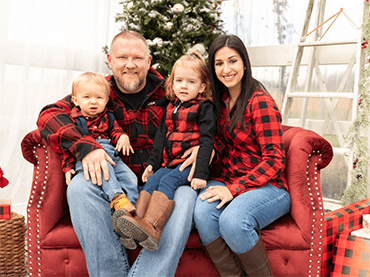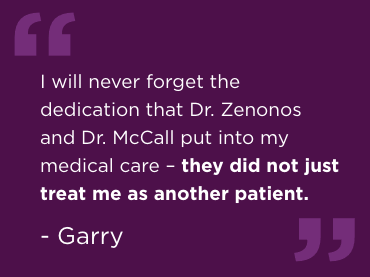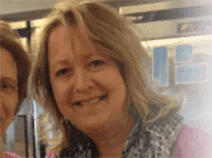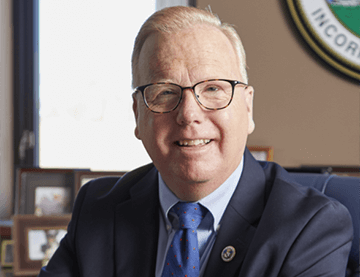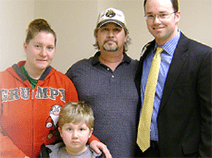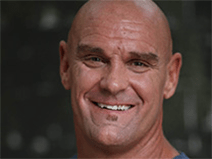
Seven years after being diagnosed with glioblastoma — an aggressive form of brain cancer — Stefan Vazharov continues to beat the odds with expert care from neurosurgeon Dr. Constantinos Hadjipanayis. Their long-standing relationship and access to advanced treatments like Gamma Knife® radiosurgery have given him confidence and hope throughout his journey.

















